Should I Lock in the Mortgage Rate?
One of the most important financial considerations of buying a new home is the interest rate paid on the mortgage. Over time, a higher interest rate can add thousands of dollars to the true cost of buying the home. When interest rates are low or steady buyers have greater confidence that they will get a favorable rate when they go to secure the loan, but in our current environment of rising interest rates, many lenders are suggesting a rate lock at the time of pre-approval.
What is a Mortgage Rate Lock?
A rate lock freezes the interest rate on a mortgage for a period of time before the close of the loan. Typically lasting for 30-60 days, the lender guarantees the rate will not change during this period for a fee that is paid when you agree to the loan terms.
A mortgage lock protects the borrower from rising interest rates while the loan is processed and approved.
When should you lock in a Mortgage Rate?
Lenders will offer to lock in the rate at the time of loan approval. With escrow periods of 30-60 days, the lock assures the buyer that their rate will not increase during the time it takes to complete the loan process.
In a period of rising interest rates, as we see today, locking the rate may be a smart idea. The borrower will pay a higher fee for the lock, as the lender is also taking a risk, but it could be worth thousands of saved dollars over the life of the loan. Even a small increase in the interest rate can have a huge financial impact
